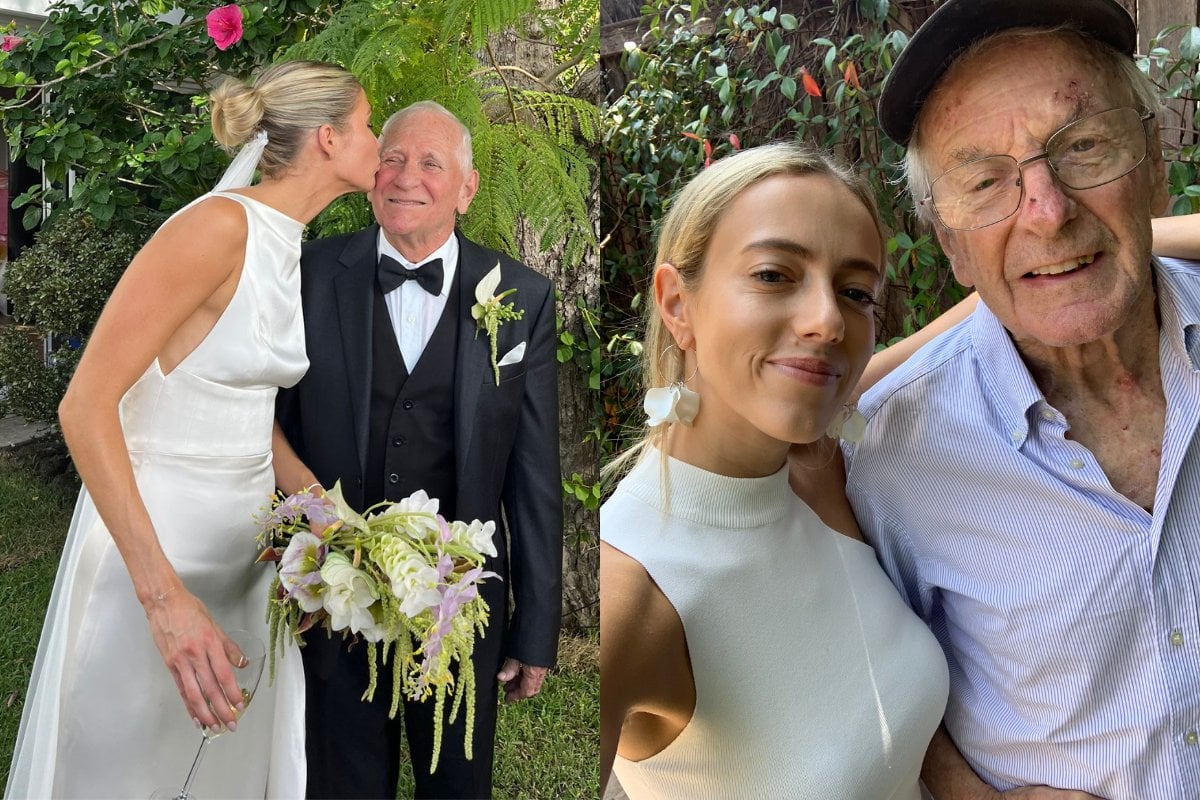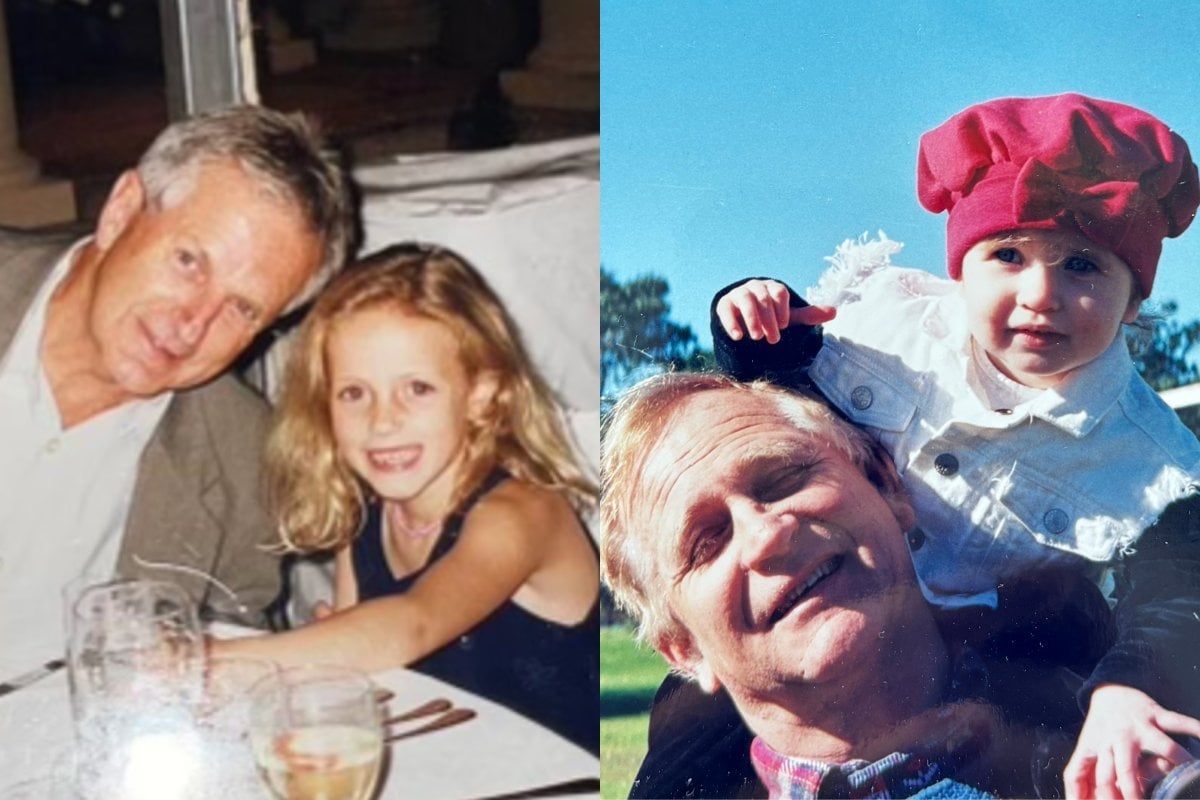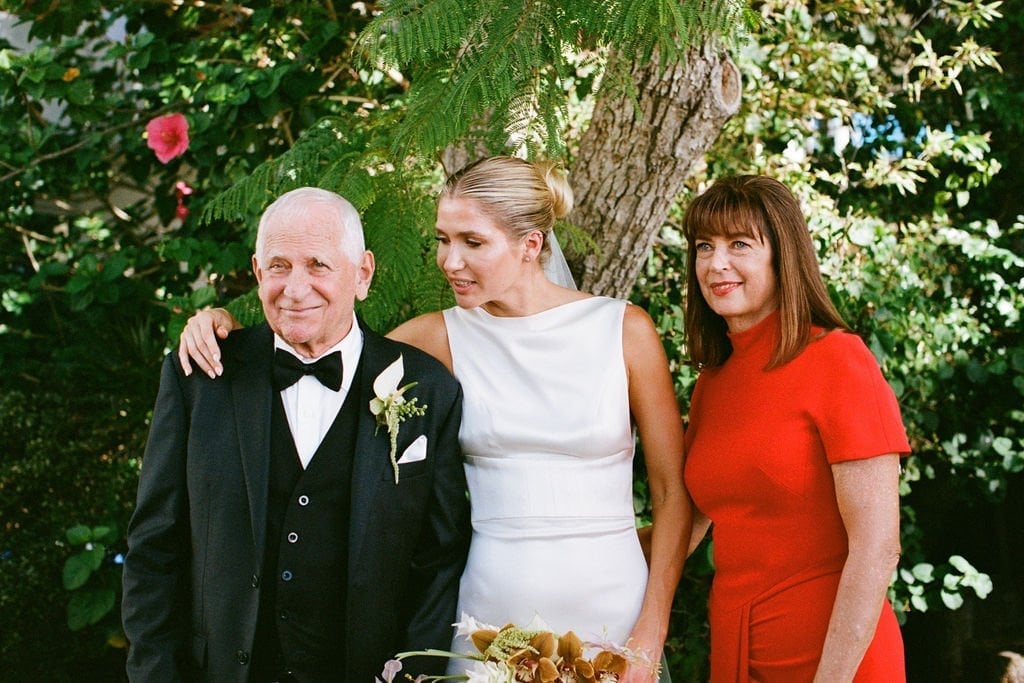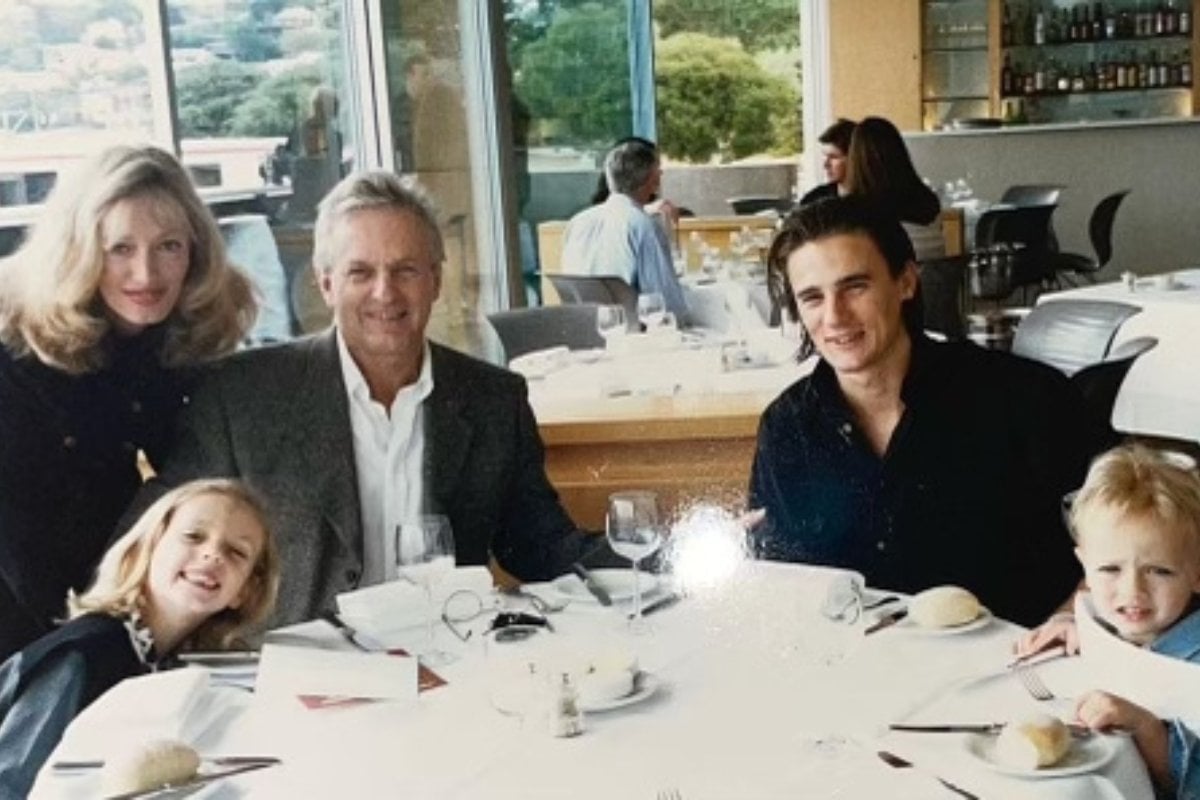
Both of us found out about our dads' dementia diagnosis when we were in our early twenties.
These were meant to be our years of reckless abandon, experimentation, and self-discovery. Yes, we did all of those things and more but every moment carried with it an unbearable weight of incommunicable grief.
Who could we speak to? How would we navigate this?
Without our connection and close friendship, we would have suffered in silence. Together, we supported one another through the decline of the first men we ever loved due to early-onset dementia. Without each other, the journey seemed insurmountable.
When you mention the big D to those around you, there's a certain look people give – a furrowed brow with a heavy sigh. A mixture of sorrow, pity and empathy lingers in the air wrapped in the relic of a word that quite literally implies the descent into madness.
The word "dementia" carries a weight that is hard to describe. It's not just a medical label but a seismic shift in how we view our loved ones and our future together. Accepting this diagnosis was a journey fraught with fear and uncertainty, but it also became a catalyst for profound personal growth and resilience.
Watch: A mother and son's journey with dementia. Post continues after video.




Top Comments